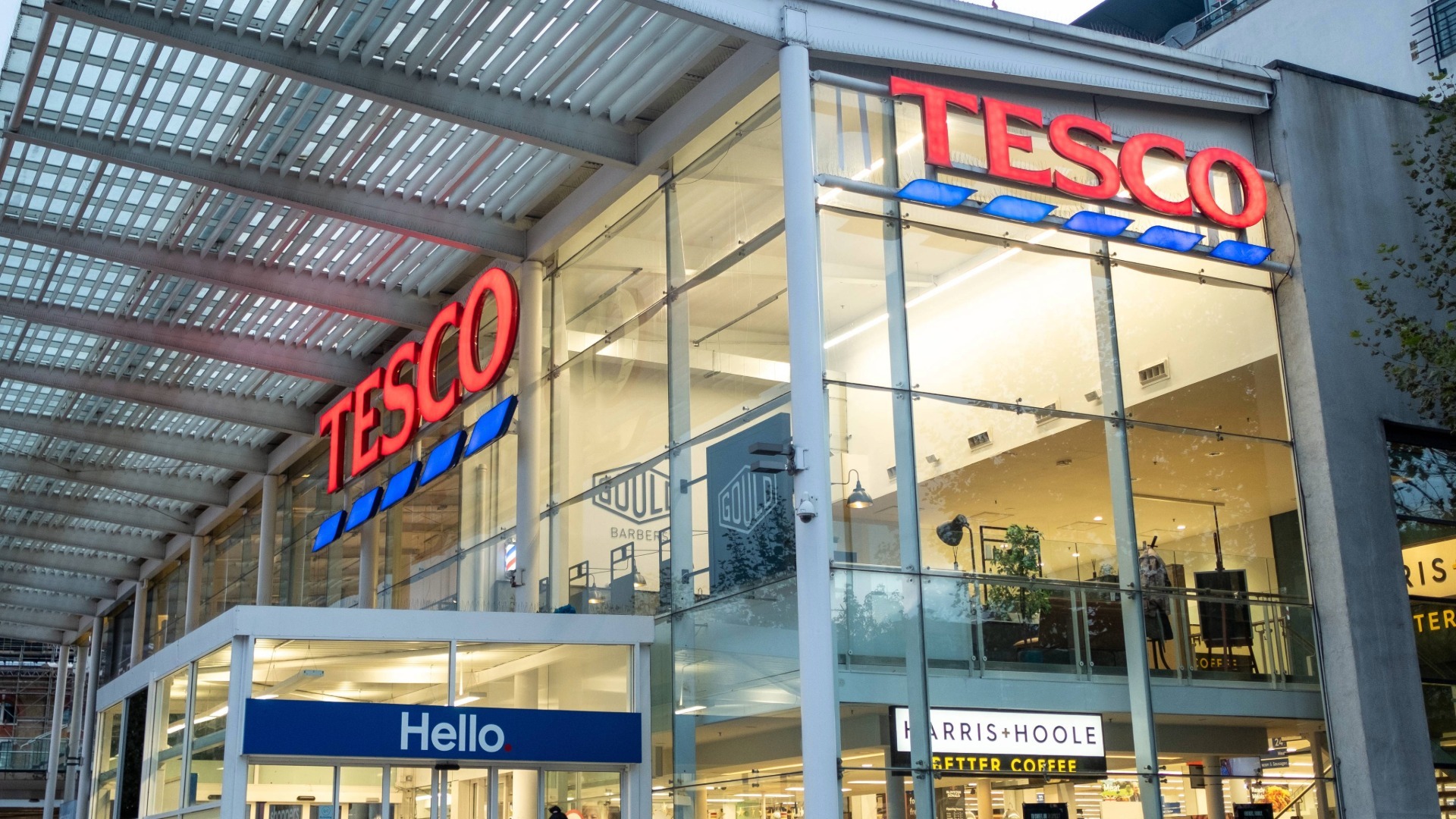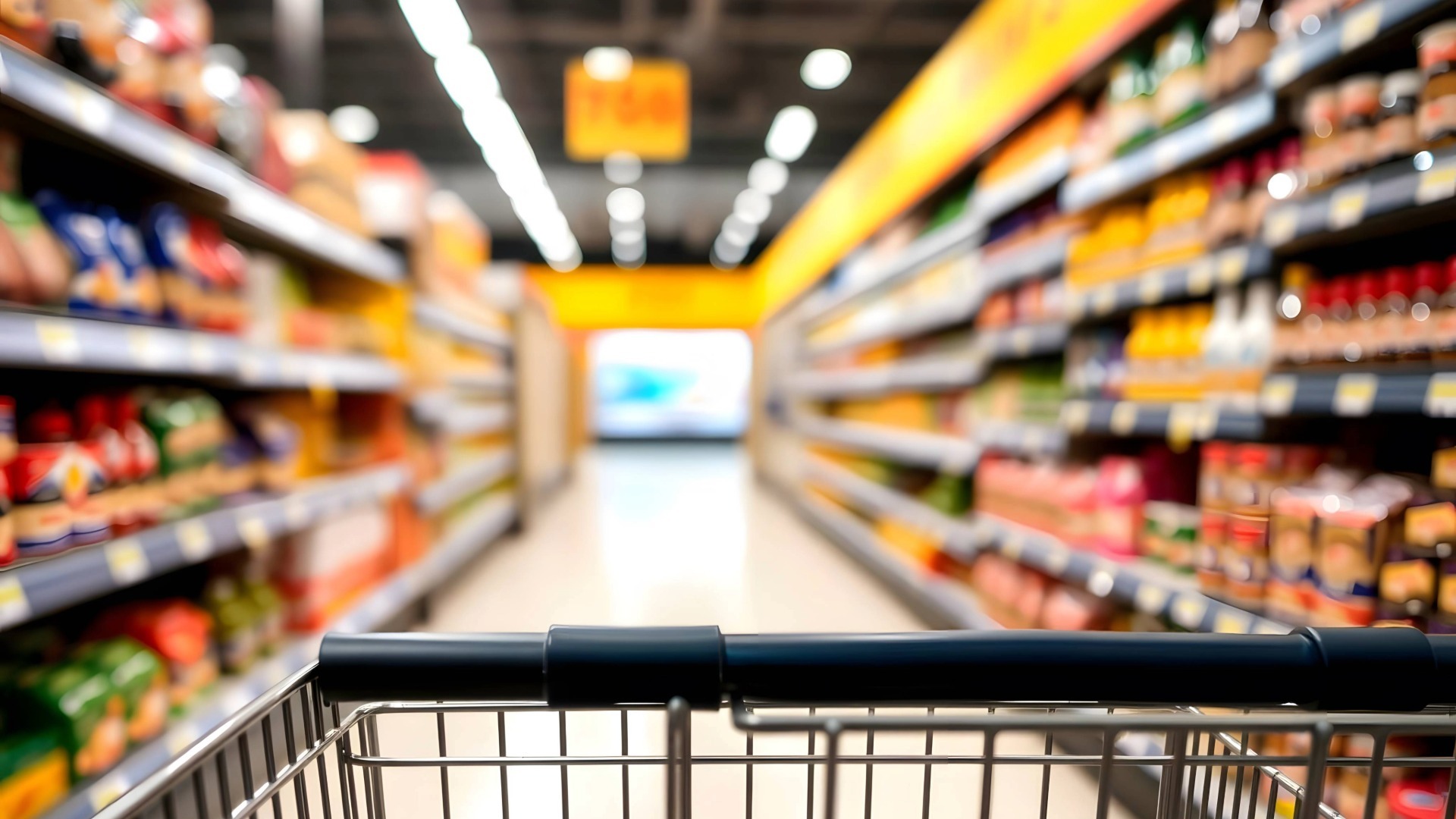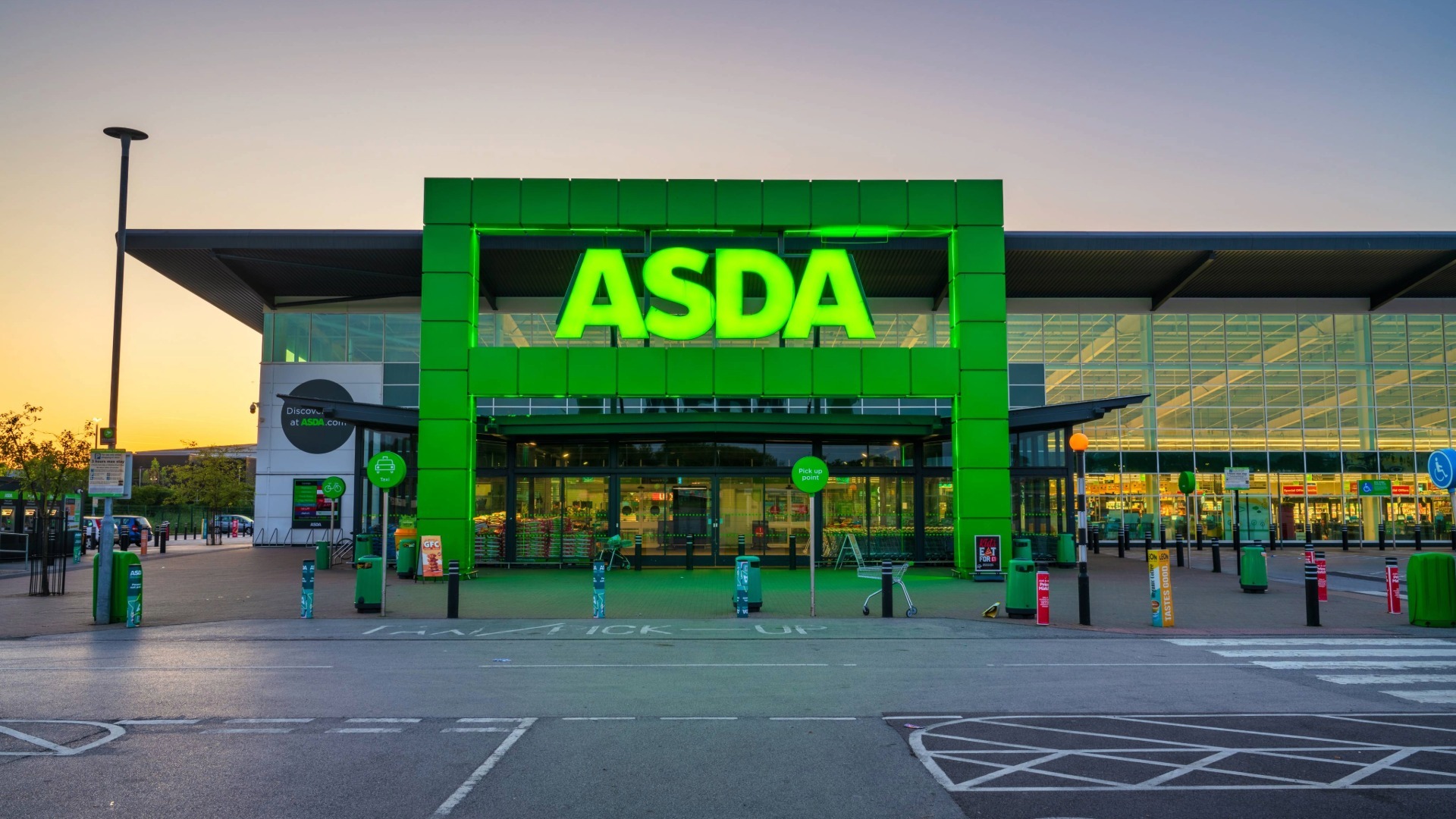‘Enough Is Enough’: Grocers urge treasury to halt business rate hikes
Posted by Emma on 29th Oct 2025 Reading Time:
Shoppers already grappling with high grocery bills could soon face another blow. Britain’s largest supermarkets have warned that Chancellor Rachel Reeves’ proposed tax rises could drive food prices even higher, prolonging inflation and deepening the cost-of-living crisis.
In a joint letter coordinated by the British Retail Consortium (BRC), the heads of Tesco, Sainsbury’s, Asda, Morrisons, Aldi, Lidl, Waitrose, M&S, and Iceland cautioned that any further increase in business rates or a new surtax on large retailers would make it harder to “deliver value for customers”, ultimately pushing more cost onto households .
Mounting Pressure Ahead of the Autumn Budget
As the Autumn Budget approaches, speculation is mounting that Reeves may raise taxes to address a £22 billion hole in the public finances. Economists at the Institute for Fiscal Studies note that weaker growth forecasts, rising borrowing costs, and unfunded spending commitments have tightened her fiscal room.
Reeves has repeatedly stated she is “not coming back” for more tax hikes following last year’s £40 billion package, which included a rise in employer National Insurance contributions. But with limited options, Treasury insiders suggest high-value commercial properties could face higher business rates to plug the gap .
Business Rate Surtax at the Heart of the Dispute
At the centre of the row is the proposed business rates surtax, which would raise additional revenue from large commercial premises while reducing rates for smaller retailers such as bakers and butchers.
Supermarkets argue that this approach penalises them unfairly, since large stores make up only a fraction of the retail estate yet already contribute around one-third of total business rates. Helen Dickinson, Chief Executive of the BRC, said:
“Retailers are doing everything possible to keep food prices affordable, but it’s an uphill battle with more than £7 billion in additional costs expected in 2025 alone. The simplest way to help would be to ensure business rates don’t rise further.”
Retailers Warn of Prolonged Food Inflation
Executives warned that food inflation, already stubborn, could linger well into 2026 if additional fiscal pressure is added to a sector battling rising wages, higher energy bills, and supply chain disruptions.
“Given the costs currently falling on the industry, including from the last Budget, high food inflation is likely to persist into 2026,” the letter stated. “This is not something we would want to see prolonged by any measure in the Budget.”
The Office for National Statistics reports that prices for staples such as butter, milk, and coffee have all climbed between 12% and 19% year-on-year, showing how fragile progress against inflation remains.
Profit or Pressure?
While headline profits remain strong—Tesco forecasts up to £3.1 billion this year and Lidl recently reported a threefold profit surge—retailers insist margins are under strain. Many have absorbed higher costs to protect consumers.
Tesco Chief Executive Ken Murphy recently declared that “enough is enough” after higher National Insurance contributions cost the company £235 million this year .
Treasury’s Balancing Act
The Treasury maintains that tackling inflation “remains a priority” and insists business rates are being adjusted to reflect property value changes, ensuring the system raises “the same amount of revenue in real terms.” It argues that smaller retailers will continue to benefit from targeted reliefs, while large commercial sites will contribute a fairer share .
Supporters of the surtax say it helps rebalance the system between online giants and physical retailers, ensuring fairness across sectors. Critics, however, warn that without careful calibration, the move risks fuelling another round of food price increases just as household budgets begin to stabilise.
A Broader Economic Signal
The supermarkets’ rare collective intervention underscores growing tension between government fiscal goals and consumer protection. Their warning cuts beyond the checkout line—it challenges the government to reconcile its ambition to restore the public finances with its promise to keep inflation under control.
As Helen Dickinson summarised, “Ensuring retail’s rates burden doesn’t rise further would be one of the simplest ways to help. It would not cost the taxpayer a penny yet would send a strong signal of support for the sector and the government’s commitment to tackling food inflation.”
Whether the Chancellor heeds that warning may determine how soon the nation’s weekly shop finally stops rising.






